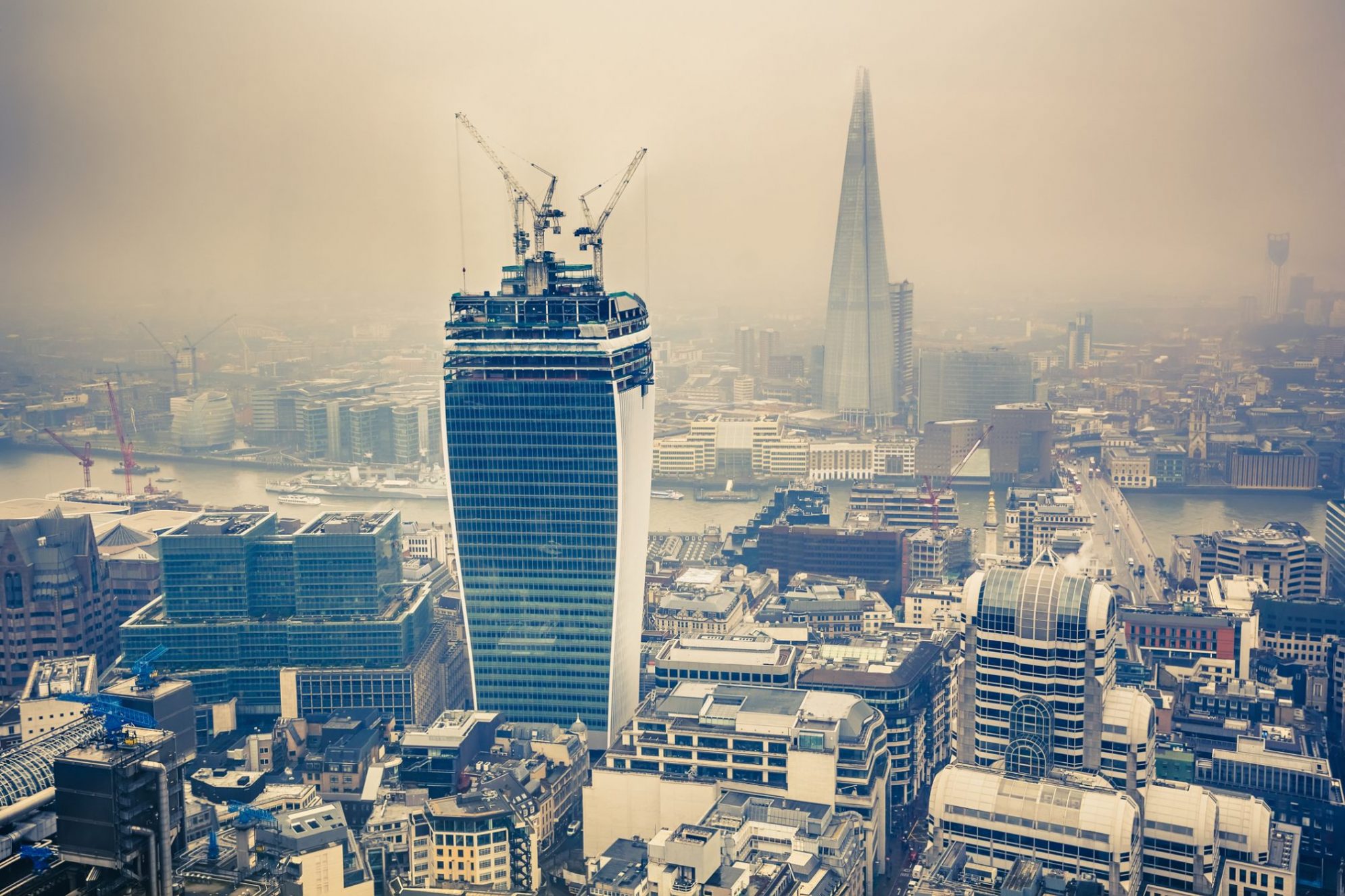
Can collaboration between transport, planning and public health breathe life into the air quality agenda, asks second annual Air Quality Forum
Poor air quality is linked to over 40,000 early deaths each year in the UK. How to tackle this complex, growing issue is up for debate today as leaders from transport, planning and public health come together at the Air Quality Forum 2019 to discuss the practical measures needed to protect current, and future generations, from the harmful effects of air pollution.
Air pollution is not new. Before the introduction of the Clean Air Act of 1956, toxic plumes of smog were commonplace in UK cities and a major source of disease. What’s changed is the make-up of the pollution we face today. The visible smog clouds formed of sulphur and soot may have become a thing of the past, but now we face a new threat – nitrogen dioxide and particulate matter. Both invisible to the naked eye.
In 2017, it’s reported that the NHS and social care cost of exposure to nitrogen oxides and particulate matter exceeded £42 million in England.
According to Public Health England, air pollution is now the greatest “environmental risk linked to deaths in the UK” and a “significant source of ill-health”. Worldwide, air pollution accounts for two-thirds of the 9 million deaths per year attributed to pollution.
How is current policy supporting the improvement of air quality?
With a high human and financial toll, and a growing consumer awareness of the issues, policymakers and industry alike have sought to find a solution.
The UK Government published its Clean Air Strategy in January 2019 to a mixed response. The government argues the plan clearly outlines how it intends to tackle air pollution and reduce the negative impact it has on citizens’ health, the environment and the UK economy.
Critics argue it risks intensifying rural fuel poverty and fails to go far enough to reduce an over-reliance on petrol and diesel-fuelled vehicles in the short term (the government has announced that all new cars in the UK will be “zero emission” by 2040).
The main source of criticism levelled at the government is an apparent lack of consistent cross-department policy. Greenpeace cited the disconnect between the government’s Clean Air Strategy with the Department for Transport’s potentially polluting policy agenda of investing in road building and a third runway at Heathrow as “a clear lack of joined up thinking within the government”.
Joining the dots on clean air policy at the Air Quality Forum
Tackling a seeming disconnect between competing agendas is just one of the topics under debate at today’s second annual Air Quality Forum. Leaders in the field of planning, public health, environmental protection and transport will come together to discuss, debate and – we hope – start to connect the dots on a collaborative approach and series of practical measures to improve air quality in the UK. With so much at stake, we await their next move with baited breath.
The second annual Air Quality Forum took place in London on the 26 February 2019. Stay up to date with the debate, and future events by visiting our sister company The Waterfront Conference Company
